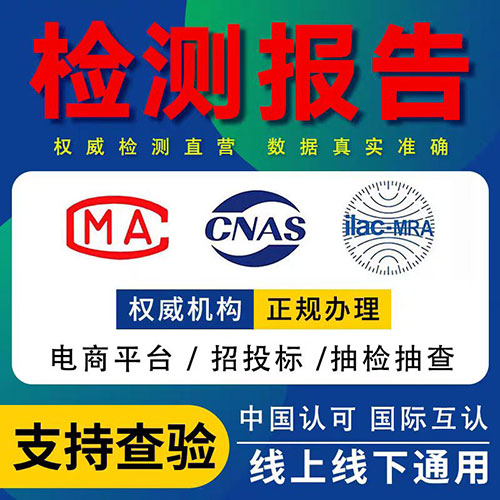rohs指令最新英文版本
ROHS Directive 2011/65/EU: An Overview
ROHS Directive 2011/65/EU is a European Union regulation that restricts the use of certain hazardous substances in electrical and electronic equipment. This regulation is commonly known as the Restriction of Hazardous Substances Directive or simply ROHS. The Directive was first introduced on 2003, but its scope and requirements were revised and expanded in 2011.
What Does ROHS Directive 2011/65/EU Cover?
The main purpose of the Directive is to protect human health and the environment by eliminating or limiting the use of hazardous substances in electronic devices. The ROHS Directive applies to all electrical and electronic equipment that is sold in the European Union, regardless of whether it is produced within the EU or imported from outside. The Directive applies to a wide range of products including computers, mobile phones, household appliances, medical devices, lighting equipment, and toys.
Which Substances Are Restricted Under ROHS Directive 2011/65/EU?
The Directive restricts the use of the following six hazardous substances:
Lead (Pb)
Cadmium (Cd)
Mercury (Hg)
Hexavalent chromium (Cr VI)
Polybrominated biphenyls (PBB)
Polybrominated diphenyl ethers (PBDE)
These substances are known to be dangerous to human health and the environment. The ROHS Directive sets maximum concentration values for each of these substances. For example, lead is restricted to a maximum concentration of 0.1% by weight in certain products.
What Are The Implications of ROHS Directive 2011/65/EU for Manufacturers?
The ROHS Directive imposes significant responsibilities on manufacturers of electrical and electronic equipment. Manufacturers must ensure that their products comply with the maximum concentration values for each of the restricted substances. They must also carry out regular tests to ensure that their products continue to comply with these values. In addition, manufacturers must keep detailed records of their compliance activities and make these records available to regulators upon request.
Manufacturers who fail to comply with the ROHS Directive can face serious consequences, including fines and restrictions on the sale of their products within the EU.
Conclusion
The ROHS Directive 2011/65/EU is an important regulation that helps to protect human health and the environment by restricting the use of hazardous substances in electronic devices. Manufacturers must take care to ensure that their products comply with the requirements of the Directive in order to avoid fines and other penalties.
Overall, the ROHS Directive is an important step towards creating a safer and more sustainable world for all of us. As consumers, we can also play our part by choosing products that comply with the ROHS Directive and by disposing of electronic waste responsibly.

 专属客服微信
专属客服微信
 185-2658-5246
185-2658-5246 有样品要送检?试试一键送检,15分钟极速响应
有样品要送检?试试一键送检,15分钟极速响应



